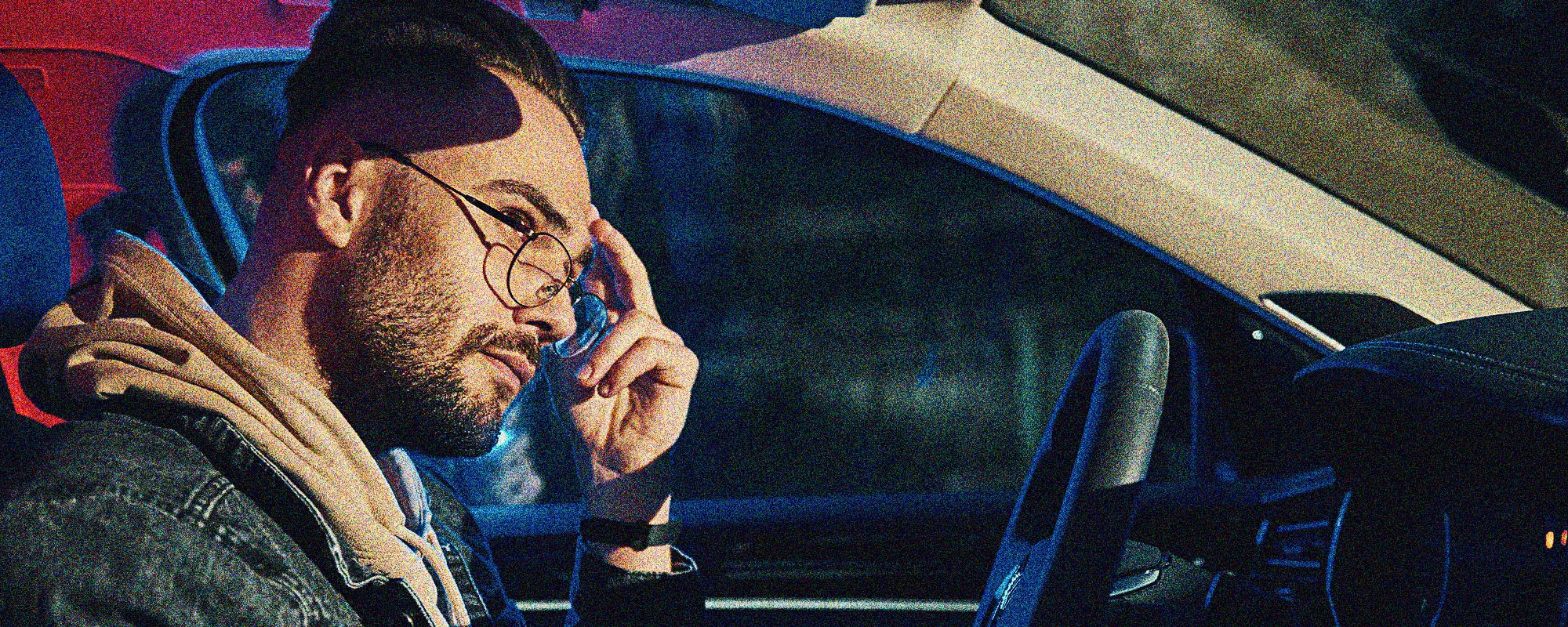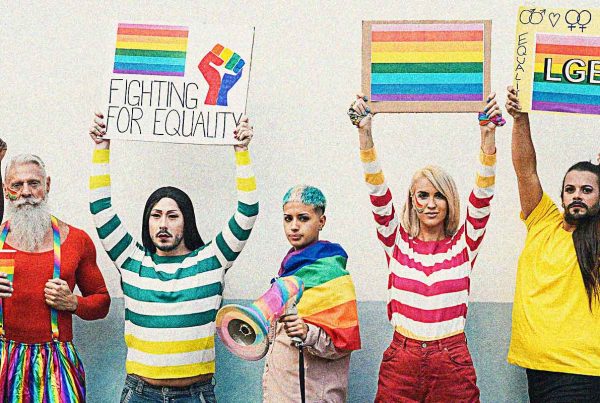Last year the CCLA became involved in a constitutional challenge to the laws that grant Canadian police the power to conduct suspicionless, roving roadside stops. As a conservatory intervenor, we are calling evidence and marshalling legal arguments directly alongside counsel for the plaintiff to show how this arbitrary police power is used in a manner that disproportionately impacts racialized and marginalized individuals, and represents a significant and unjustifiable violation of individual rights guaranteed by the Charter.
Our pro bono litigation team Bruce Johnston and Lex Gill of Trudel Johnston & Lespérance have been in court all month. Here’s a quick recap of what’s been happening in the case so far, and where we expect things to go next.
- 13 community members have testified about their experiences with “routine” police traffic stops
Eleven of the witnesses who gave evidence had been stopped pursuant to the contested police powers. All identify as Black. Many of them said they had been stopped for “routine” checks on many different occasions, in some cases ten or more since they got their license. Two other ordinary witnesses included the wife of one of the victims, who testified to the harms her husband’s experience had on their family, and a community leader from Repentigny, who spoke to the challenges related to racial profiling in that community.
While in some cases the stops were brief, in all cases the individuals’ interactions with police were a serious interference with their constitutional rights. Witnesses used language like “dehumanizing” and “humiliating” to describe the effects of these stops. In some cases, these experiences were the sources of lasting trauma. In several cases, children were present and witnessed the police detain their parents. Several of these “routine” stops escalated, and people experienced threats from police, unlawful searches, and unlawful arrests. Some witnesses filed complaints with the Police Ethics Commissioner or the Human Rights Commission. Others did not, feeling it was not worth it or that they would not be believed.
Several of the witnesses, in addition to having been stopped pursuant to the contested powers, are also involved in their communities as organizers and leaders. Those individuals testified to the effects of racial profiling in their communities more generally, including in Côte-des-Neiges, Little Burgundy, and Repentigny.
- Marc-André Dowd, former Police Ethics Commissioner, was called to testify regarding police ethics and discipline and the complaints process.
- The Court has heard from four expert witnesses
Three of them were called by CCLA or the plaintiff. Massimiliano Mulone provided evidence regarding the extent of racial profiling, police practices and disparities in treatment of certain groups. Marie-Eve Sylvestre testified about the concept of racial profiling, particularly in the context of police stops and interceptions. Robert Wright explained the psychological, social, and personal consequences experienced by racialized individuals and their communities as a result of random, arbitrary, or otherwise unjustified interactions with police officers.
Douglas Beirness, an expert called by the Attorney General of Quebec, testified about mandatory alcohol screening, its usefulness and effectiveness, and various experiences with mandatory alcohol screening in other countries.
- The Attorney General of Quebec has called six non-expert witnesses so far
-
- A representative of the Sûreté du Québec (Quebec’s provincial police) regarding efforts being undertaken to combat racial profiling
- A representative of the Service de Police de la Ville de Montréal (Montreal’s municipal police service) on efforts undertaken to combat racial profiling
- A witness who testified about the Centre de renseignements policiers du Québec (CRPQ), the provincial police database
- A witness from the Société de l’assurance automobile du Québec (the body that administers Québec’s public automobile insurance plan) who provided statistics regarding road safety
- A witness from the École nationale de police du Québec on the training offered to police officers in Quebec
- A witness from the Sûreté du Québec regarding highway safety statistics
- More evidence and arguments this week and next week – and then the wait for a decision
This week, the Court will hear from a few final witnesses: a witness from the Quebec Ministry of Public Safety, who is expected to speak to police practices including road and street stops; and representatives from Laval and Longueuil’s police services on efforts that are being undertaken to combat racial profiling.
The week of July 4th to 7th – the final week of the trial – is reserved for oral arguments. We expect a decision to be rendered by early November, as Justice Yergeau will be taking his mandatory retirement at that time.
The trial, which takes place in court room 16.05 of the Montreal Courthouse, can be watched online via Microsoft Teams. Proceedings begin at 9am EST each day – you can find the link on this document.
About the Canadian Civil Liberties Association
The CCLA is an independent, non-profit organization with supporters from across the country. Founded in 1964, the CCLA is a national human rights organization committed to defending the rights, dignity, safety, and freedoms of all people in Canada.
For the Media
For further comments, please contact us at media@ccla.org.





